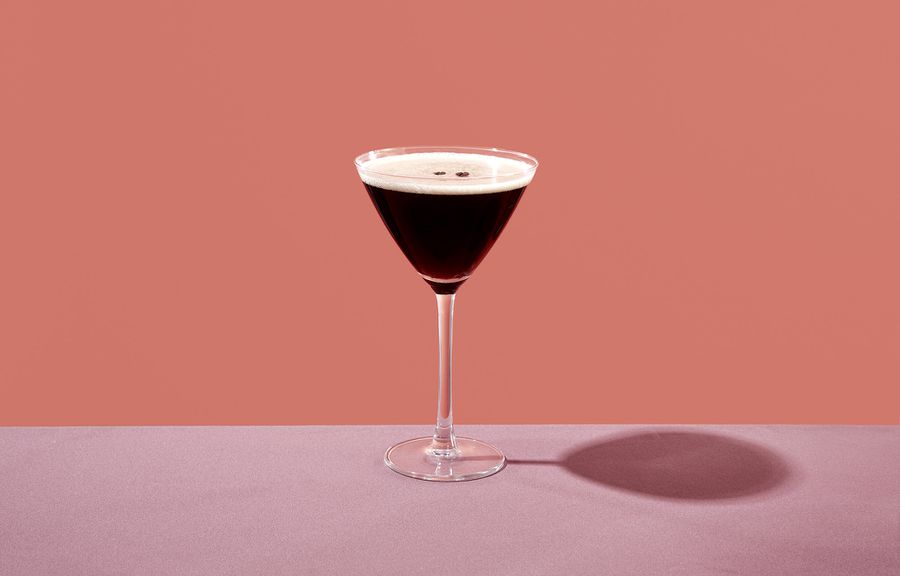
Just like biscuits and gravy or peanut butter and jelly, coffee and alcohol can make for a delicious pair. Pouring Bailey’s into an iced coffee creates a drink that cools you down while warming you up to your Bumble date. Mixing espresso into a martini makes for a classy-looking beverage that also serves as a pick-me-up. And adding Irish whiskey, sugar, and whipped cream to a hot cup of Joe gives you a grown-up, energizing milkshake.
And engaging in binge drinking can have immediate side effects on your gut, says Dr. Wakim-Fleming. “Sometimes it delays stomach emptying, causes inflammation in the stomach (aka gastritis), and can lead to nausea, vomiting, or abdominal pain,” she explains. Other short-term health risks of binge drinking include sustaining unintentional injuries (by way of car crashes or falls) and suffering alcohol poisoning, according to the Centers for Disease Control and Prevention (CDC).
Since both caffeine and alcohol can raise blood pressure, mixing the two substances may be particularly risky for folks who have cardiovascular disease or other heart conditions, says Dr. Wakim-Fleming. “High blood pressure does not have symptoms — it doesn’t give you a warning,” she explains. “So if the blood pressure rises, you may not even know it…and you may end up with heart attack or stroke.” Even if you don’t currently have any heart concerns, repeated binge drinking can lead to long-term increases in blood pressure, which itself increases the risk of heart attack, stroke, and heart failure when left unchecked, according to the Mayo Clinic.
The Takeaway On Caffeine and Alcohol
Again, it generally isn't considered safe to mix caffeine and alcohol, given the potential health risks and increased likelihood of binge drinking. That said, "if you're [combining caffeine and alcohol] once in a while, one glass here and there, it may not have an effect except if you have heart problems," which is why it's so important to know your medical history, says Dr. Wakim-Fleming.
Even if you’re not literally mixing caffeine and alcohol in one glass, but rather drinking them back-to-back (think an espresso shot at the end of a meal where you shared a bottle of wine), you’ll still want to be mindful. Liquids generally take an hour to empty from the stomach, and the levels of both alcohol and caffeine reach their peak in the blood one to two hours after consumption. Consequently, caffeine’s side effects could mask those of alcohol if you consume both within a 60-minute period, says Dr. Wakim-Fleming. That means if you sipped a cup of coffee right before heading to the bar, you’ll want to wait at least an hour or two before having an alcoholic beverage. “The more time you have between those two substances, the better,” says Dr. Wakim-Fleming.
And if you really want to imbibe in an espresso martini or Irish coffee at happy hour, remember, there's always decaf.



































